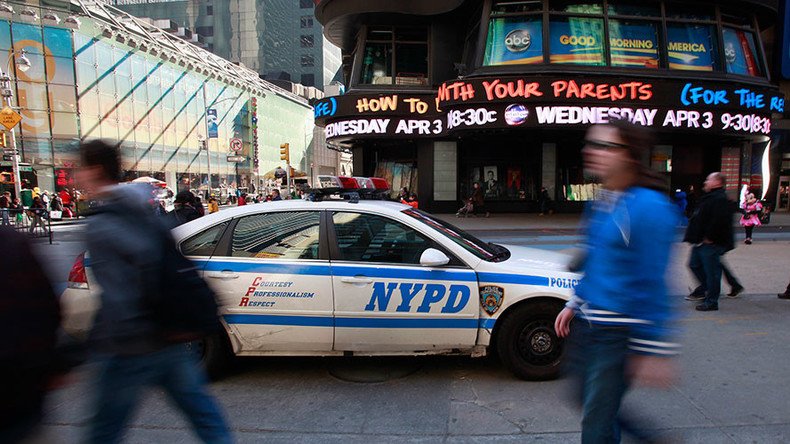'Cruel and unusual': NY governor signs measure to stop sending teens to adult prison

Under a new law in New York, juveniles under 18 will no longer be funneled through adult jails, where studies show they face a higher risk of suicide and sexual assault. However, opponents warn the measure serves as a recruiting tool for gangs.
On Monday, Governor Andrew Cuomo (D) signed legislation to “raise the age” of criminal responsibility from 16 to 18 as a part of the state's $163 billion budget.
Previously, The Empire State was one of only two states that automatically prosecuted 16 and 17-year-old offenders as adults, regardless of their offense. The new measures will first raise the age of juvenile delinquency to 17 by October 2018. Then the age of criminal responsibility will be raised to 18 by October 2019.
In a press release, Cuomo cited evidence that recidivism among young people who are processed as adults is 34 percent higher than young people housed in the youth justice system.
Cuomo took recommendations from the Commission on Youth, Public Safety & Justice, which found young people are more than five times as likely to become the victims of sexual assault and eight times more to commit suicide while in adult prisons, compared to teens housed in juvenile prisons.
“Putting aside the fact that psychologists will testify that 16- and 17-year-olds often are not mentally mature, the reality of putting a 16 or 17-year-old in the same facility as hardened adult criminals is, on its face, cruel and unusual,” Cuomo said, according to the Guardian.
Young minorities have also been disproportionately incarcerated under the current laws, with African-Americans and Hispanics accounting for 82 percent of juveniles in adult facilities throughout the state and 95 percent in New York City.
Cuomo estimates that raising the age will prevent between 1,500 and 2,400 crimes every five years.
Under the new law, cases involving juveniles under 18 with violent felony charges would be handled by a newly established Youth Part of the criminal court. Those teens would be subjected to a three-part test to determine if their case is serious enough to be transferred to Family Court.
Teens who are not transferred could still be tried as an adult, although judges can consider the defendant’s age when imposing incarceration.
Lawmakers and prosecutors who oppose the measure said that it would make young gang members more difficult to prosecute.
“What you call ‘raise the age’, I call the gang recruitment act,” Assemblyman Al Graf (R-Long Island) said during debates according to the Times Union.
“This is a great tool to be able to recruit younger members of our community to enter gangs,” Graf continued.
NYC mayor backs plan closing controversial Rikers Island jail https://t.co/BrQ5x0nN97
— RT America (@RT_America) April 1, 2017
The bill also ensures that teens under the age of 18 will be housed in specialized juvenile detention facilities that are certified by the New York City Administration for Children’s Services and the State’s Office of Children and Family Services, as well as the creation of task force to ensure the measure is implemented correctly.
"We have won a tremendous victory for communities across the state that have endured senseless tragedies and called on the Legislature to deliver a justice system that recognizes the difference between a child and an adult," said Assembly Speaker Carl Heastie, according to a press release.
"This is the beginning of a new chapter in New York State where young people are given a chance to grow up and recover from their past wrongdoing without forfeiting their futures,” Heastie continued.













